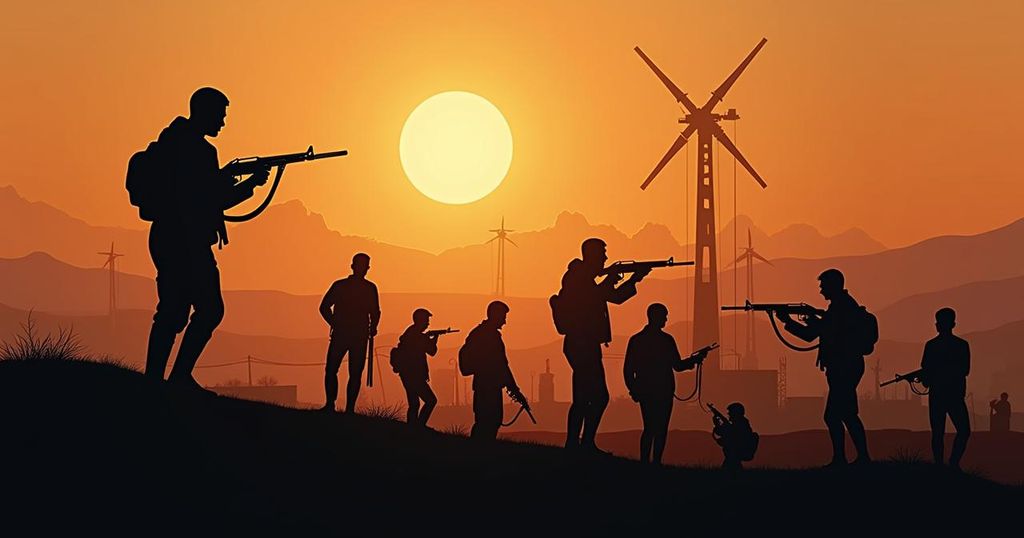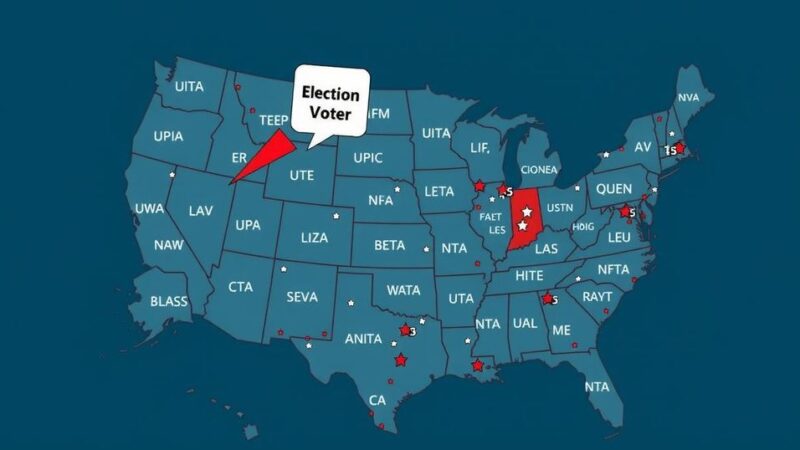The article outlines the severe humanitarian crises affecting Lebanon, the Occupied Palestinian Territory, Israel, Syria, Haiti, Ukraine, and Eastern Africa, highlighting rising casualties, displacement, and urgent needs for medical and nutritional aid. Each region requires immediate international attention and adherence to humanitarian laws to protect civilians and provide necessary support.
The ongoing conflict in Lebanon continues to inflict severe harm on civilians and infrastructure, with official reports indicating that approximately 1,700 individuals have perished, including 38 health workers, since the beginning of October 2023. Furthermore, over 9,000 individuals have sustained injuries, and upwards of 346,000 people have been displaced. This situation is compounded by estimates suggesting that the number of affected individuals may reach as high as 1 million, with more than 155,000 individuals currently residing in shelters that are nearing capacity. The United Nations is ramping up humanitarian efforts, responding with emergency food assistance and healthcare supplies as operational challenges persist due to continual airstrikes and infrastructure damage. In the Occupied Palestinian Territory and Israel, violence has escalated quite seriously in the West Bank, leading to the loss of civilian lives and increased tensions between communities. Recent reports indicate significant casualties among both Palestinians and Israelis, highlighting the urgent need for adherence to international legal standards to protect non-combatants amid ongoing conflict. Particularly troubling were the deaths of civilians due to military operations in regions such as Nablus and Jericho. In Gaza, humanitarian conditions remain dire, with severe shortages of medical supplies hindering the healthcare response as a new polio vaccination campaign is prepared. The situation has led the World Health Organization to mobilize emergency medical teams to fill the gaps in local healthcare services. In Syria, the volatility of the situation has led to civilian casualties due to airstrikes in Damascus and Idleb, further complicating humanitarian relief efforts as shelling disrupts ongoing assistance in multiple regions. The humanitarian crisis in Haiti is deepening due to escalating gang violence, resulting in over 700,000 internally displaced individuals, many of whom are children. Despite this troubling context, humanitarian responses face funding challenges, with the Humanitarian Response Plan only partially financed. In Ukraine, attacks have devastated civilian populations, as seen in recent assaults in Kherson and Zaporizhzhia, while the electricity demands in northern regions remain significantly compromised due to continued hostilities. Lastly, the humanitarian landscape in Eastern Africa is characterized by dire circumstances affecting nearly 67 million individuals, which is significantly influenced by adverse climatic effects and ongoing conflicts. Current estimates show a stark underfunding of humanitarian responses, which is critical to alleviate suffering across the region. In conclusion, the articles illuminate the humanitarian crises prevalent in various parts of the world, emphasizing the urgent need for increased international cooperation, adherence to humanitarian laws, and comprehensive support mechanisms to assist affected populations.
The report highlights the dire humanitarian situations across several regions, informed primarily by the ongoing conflicts in Lebanon, the Occupied Palestinian Territory, Syria, Haiti, Ukraine, and Eastern Africa. Each area faces unique challenges, including violence leading to casualties, health crises due to military engagements, and severe underfunding of humanitarian initiatives. The statistics provided by organizations like the United Nations and OCHA reflect the critical needs faced by civilians.
It is imperative for international stakeholders to prioritize humanitarian assistance and to ensure that civilians are protected in conflict zones. The escalating violence and humanitarian crises underline the necessity for concerted action, adherence to international law, and increased funding to address the burgeoning needs of affected populations across these regions.
Original Source: www.unocha.org






